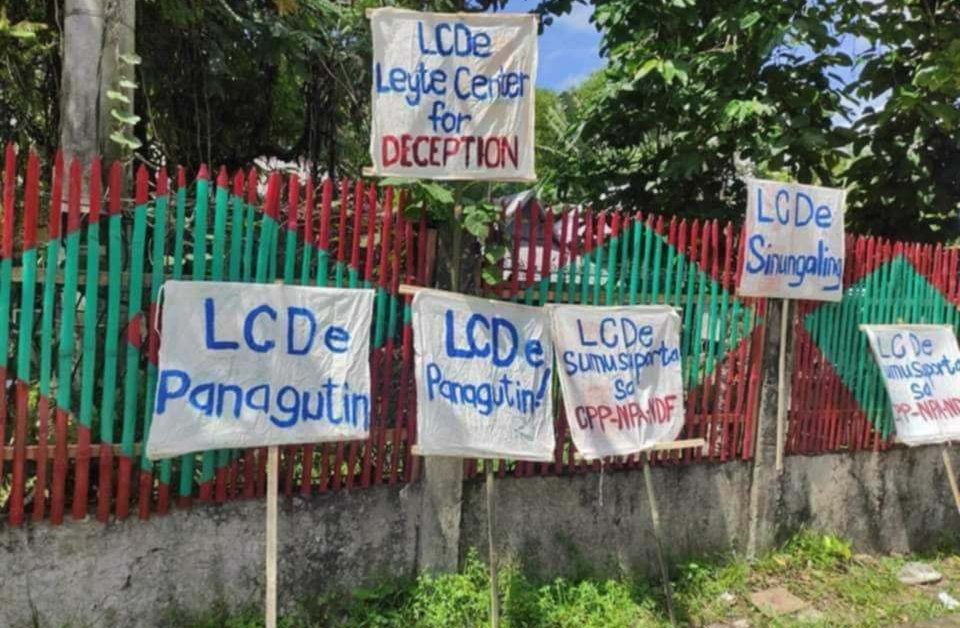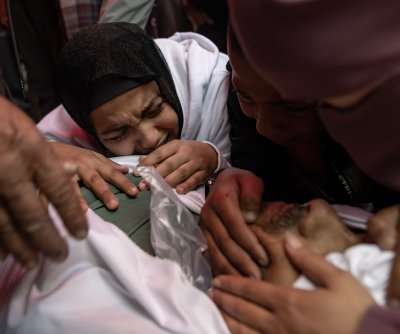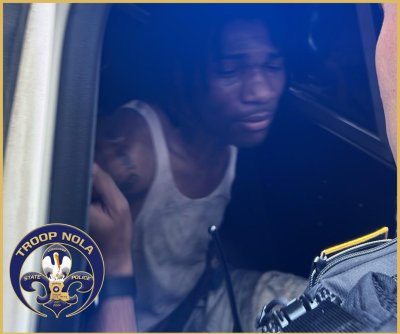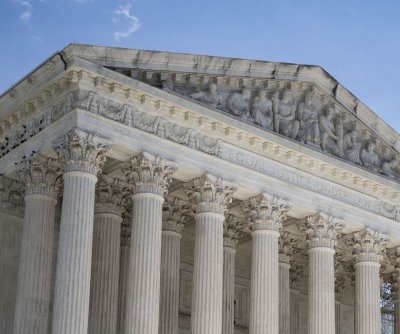Now Reading: Why NGOs in the Philippines Keep Being Charged With Terrorism
-
01
Why NGOs in the Philippines Keep Being Charged With Terrorism
Why NGOs in the Philippines Keep Being Charged With Terrorism

In September 2021, Jazmin “Minet” Aguisanda-Jerusalem was contacted by farmers the NGO she runs was assisting near Tacloban, Philippines. The farmers were urged to protest outside her office by the Army, but they were hesitant. Despite facing intimidation and occasional threats due to their work providing aid to the region’s poorest, LCDE had a positive relationship with the government. However, in May, the NGO’s bank accounts were frozen, disrupting their operations. This move was part of a broader trend of targeting NGOs in the Philippines, a country known for its vulnerability to climate change.
Under the Duterte administration, activists faced threats and harassment, with many being labeled as communists or terrorists. The practice continued under President Marcos Jr., despite promises to end it. The surge in terrorist-related prosecutions is believed to be linked to the country’s placement on the FATF “grey list” in 2021, prompting a crackdown on money laundering and terrorism financing. This crackdown has led to numerous NGOs and activists facing criminal charges, affecting their ability to operate and advocate for climate and environmental issues.
Minet’s experience reflects a global trend of shrinking space for civil society and increasing legal challenges for advocacy groups. From Australia to the UK, similar patterns have been observed, with governments targeting NGOs and activists. The situation is not unique to the Philippines, as even in the US, there have been crackdowns on environmental activism. Despite the challenges, advocates continue to fight for their causes, hoping to be heard and bring attention to the threats they face.






